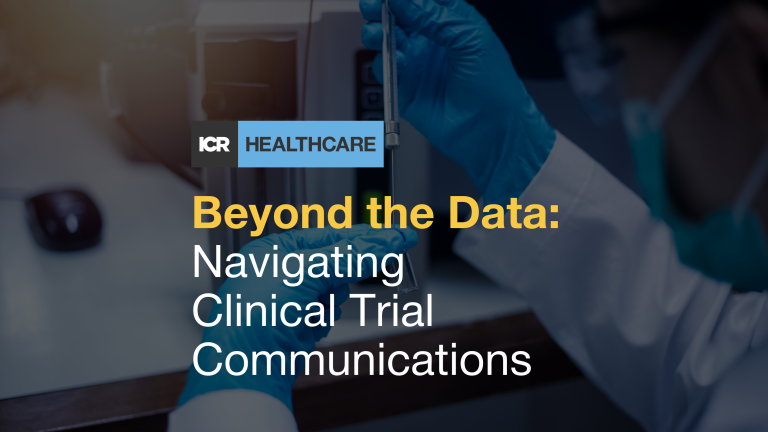‘Collaboration in Practice’ was the theme for Piper Jaffray’s June 2017 Heartland Summit in Minneapolis, Minnesota, a gathering of some of the healthcare sector’s most influential CEOs, policymakers and visionaries.
Collaboration in Practice
The series of unscripted panel discussions was kicked-off with an address by UnitedHealth Group Inc. CEO, Stephen Hemsley who spoke of “hallway partnerships” which take place at the Heartland Summit and encouraged attendees to engage in direct dialogue to make the healthcare system work better for everyone, rather than waiting for the public sector to mandate a solution.
The fragmented nature of the healthcare system represents a challenge to such collaboration, according to Johnson & Johnson Chairman and CEO Alex Gorsky, but J&J looks to partner with other industry players, technology companies, Governments and internally to bolster innovation and create value for shareholders. “Collaboration is absolutely essential,” Gorsky confirmed, referring to the notion that the increasingly connected nature of the business means that no single organisation can offer a ‘be all, end all’ solution. “It’s not about who is the ‘best’ anymore, but where can you go to partner and collaborate and integrate with someone else to make things possible that didn’t exist before.”
Value-Based Solutions, Big Data and Healthcare Informatics
With the clear shift towards value-based pricing solutions, multiple panellists pointed to big data and informatics as the way to link up payors, patients and regulatory bodies. “We are spending a lot more time on outcomes information through the entire clinical development process, as well as once we have it on the market,” reiterated J&J’s Gorsky. Many other panellists noted the trend away from pricing per unit to pricing per outcome, aligned with value-based measurements.
A specific example of how corporate accountability for demonstrating value can benefit both solution providers and healthcare payers was described by Medtronic Chairman and CEO Omar Ishrak, whose company pays for its TYRX antibacterial envelope device and the entire surgical procedure if it fails to prevent surgical infection. This has successfully encouraged adoption of the device and tracking information, aligning the interests of all stakeholders. However, while the idea of assessing value based on outcomes is conceptually easy, Ishrak warned that operationalising it was more difficult. Defining the population and outcome are key steps, as well as understanding the key stakeholders with whom to collaborate and potentially create incentive systems around.
The Continued Importance of Innovation
Scientific innovation also emerged as a central theme for solving long-term healthcare issues. Robert Bradway, Chairman and CEO of Amgen, cited the need for “medicines with a big size effect, for which we can demonstrate clear value to the patient, prescriber, payor and ultimately society at-large.”
In a subsequent panel discussion, Mike Mahoney, Chairman and CEO of Boston Scientific echoed this view, stressing the need for continued delivery of great innovations with high safety and effectiveness to drive out costs in a hospital system.
The importance of the venture capital and the academic communities were also emphasised, with an emerging view that value continues to be delivered to those who successfully take on and manage risk in healthcare. Joe Almeida, Chairman, President and CEO of Baxter International explained his view that not only are VCs a source of capital and partnerships, but they are the eyes and ears of the market. “The venture capital arm of Baxter is one that is observing the trends in the market,” he said.
Combination as Collaboration
The topic of M&A was sure to be discussed during the investment bank hosted conference focused on collaboration. Baxter’s Almeida, along with James Robinson, President of American operations at Astellas, voiced a range of motivations. For Almeida, acquisitions at Baxter are driven by specific opportunities for growth that can transform the top-line margin profile. “Acquisitions are basically a result of a good and well-executed strategy,” he said, noting the return to shareholders being the central driver. Robinson described acquisitions as being either foundational or transformational, with the overall goal defined as the defence of the company’s growth profile.
The planned June 2018 Heartland Summit promises further discussion and collaboration to define measures of healthcare value and address the ongoing challenge of accountability. It’s clear that companies considering partnering or M&A transactions must take these themes into account and consider how best to present their value proposition.



